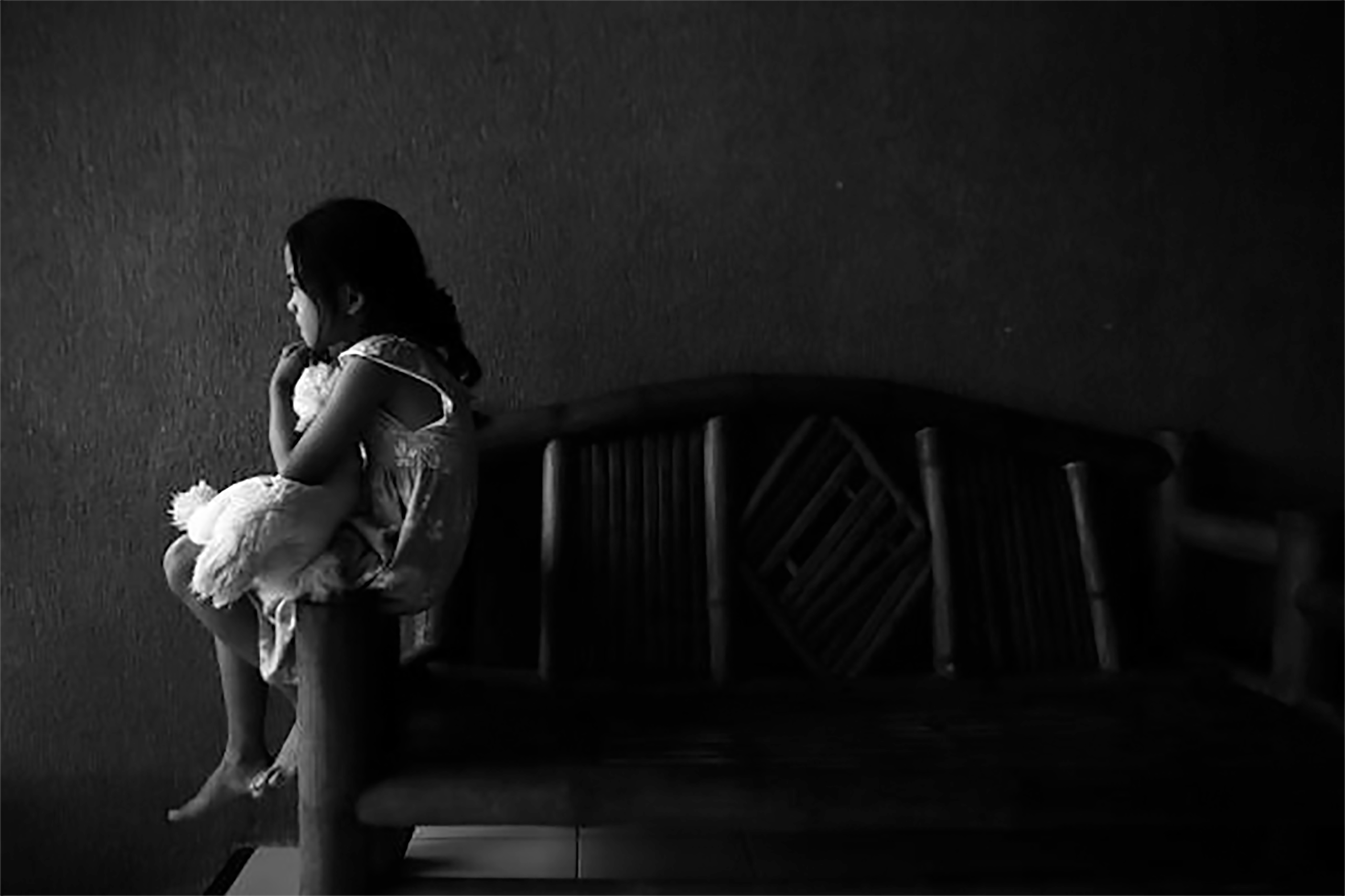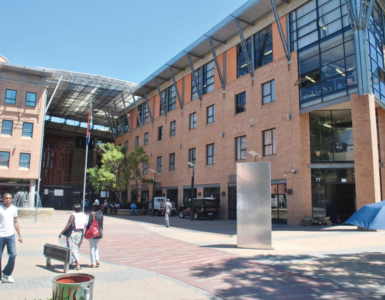Stigma: Victims feel responsible to protect their families to avoid the stigma
By Monk Nkomo
Thousands of children who are victims of sexual and gender-based violence in South Africa are reluctant to report their horror ordeals because they mistrust law enforcement agencies including the police and fear being victimised and ridiculed.
These are the findings of a research by the University of Cape Town’s Children Institute following a new study titled : ‘’ Closing the gaps in services that respond to violence against women and children’’. The study was led by researchers Professor Shanaaz Mathews, Dr. Neziswa Titi and Lucy Jamieson.
‘’ Children also find it especially difficult to report perpetrators who are close relatives or friends as a result of emotional ties and connections and feel a sense of responsibility to protect their families from the stigma associated with sexual abuse’’, the study found.
The researchers also established that abandoned and sexually assaulted was the daily harrowing reality for thousands of children in South Africa. Sadly, many of these serious and violent crimes go
unnoticed and unreported, leaving the perpetrators to roam free and young victims with inadequate care and long-lasting psychological effects.
Reseachers in this study explored a myriad of services in place to support victims of violence in South Africa. It aimed to understand what survivors of violence needed from these services and assessed and analysed the pitfalls. The study was conducted in partnership with Masimanyane Women’s Rights International, a non-profit organisation based in the Eastern Cape which is committed to supporting victims and survivors of sexual and gender-based violence.
The study was released a few days after Police Minister Bheki Cele released crime figures for the first quarter of this year which revealed that this period was violent, brutal and unsafe for many South Africans especially women and children. Murder and assault GBH of children under the age of 17 recorded sharp increases. Murder of children increased by 37,2 percent compared to the same period last year.
Out of 6083 people killed in the first three months this year, 898 were women and 306 children under the age of 17.
The research found that violence was prevalent in all communities even at institutions of learning like schools, colleges and universities which experienced sexual violence challenges which formed part of a broader sexual and gender-based violence pandemic in South Africa. Because of this scourge, service providers and responsive services experienced empathy fatigue.
‘’But this fatigue should not cause more harm to victims and survivors. Service providers have a duty to protect women and children against secondary trauma and their behaviour should not silence victims and survivors further’’, said Titi.
The study also noted that sexual and gender-based violence was not normal and all efforts have to be made to encourage women and children to speak up. Titi said children were prevented from seeking help because they did not trust law enforcement agencies.
‘’ Their concern that relatives, community members and religious leaders would dismiss their cries for help is real too’’, Titi said. ‘’We should address this issue of silence as a matter of urgency. If we want to empower children to speak up, we need to take a community-based approach that builds the capacity of families and communities to listen to children and to validate their views.’’
Communities, the study added, should have access to services of equal quality and the manner in which services are presented and offered should be in line with what women and children needed and can related to.’’ Knowing exactly what these needs are is important. It will help service providers to understand what they can do to ensure that women and children seek services , participate in interventions and adhere to the necessary treatment.’’
Schools also had a role to play to address the issue of children being silent about being sexually abused. Teachers needed to be trained to respond to children and to refer them for psychological support. Law enforcement agencies and healthcare facilities should also adopt a trauma-informed approach that assumed that young victims of violence had experienced trauma in the past and to manage them sensitively and respectfully.
The study called on law enforcement agencies and non-governmental organisations to provide specific services and these members should be adequately trained to respond to victims of violence and offer the support they needed.
Published on the 53th Edition. Get E-Copy






